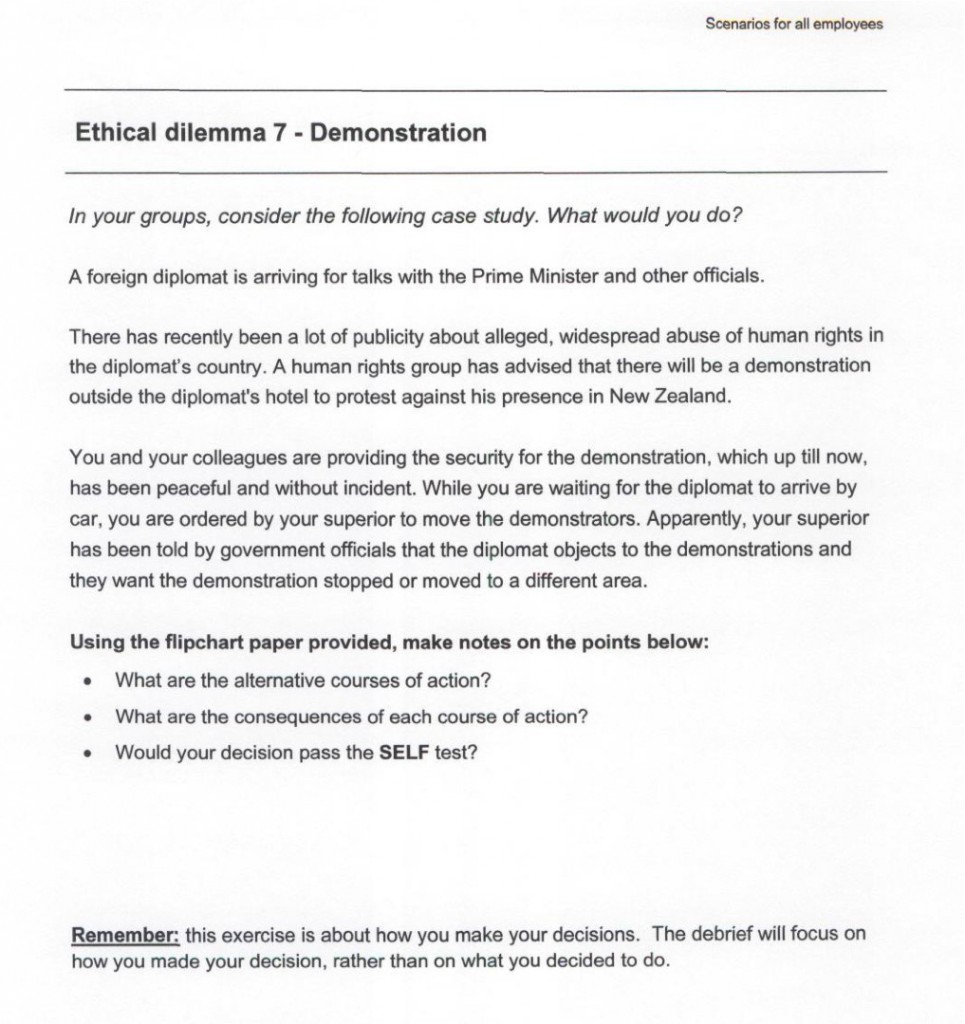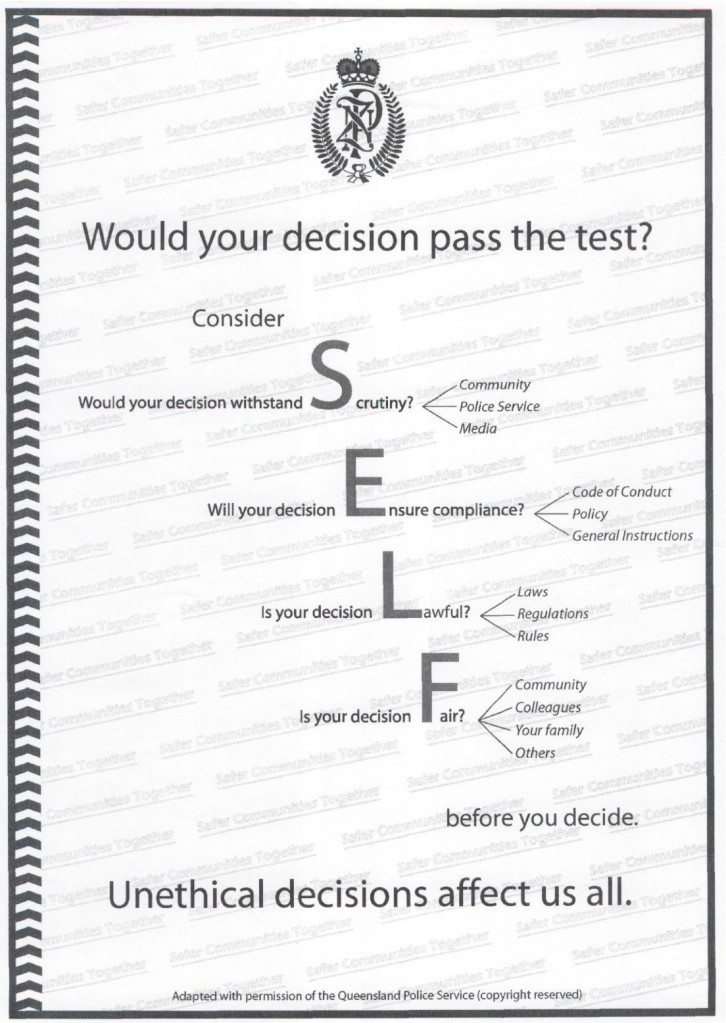It is good to see that – after a 12 year battle – the right to protest in Parliament grounds is finally being reaffirmed. The short version is that in 1997 the then speaker Doug Kidd authorised the arrest of 75 people protesting against education reforms in Parliament grounds and later trespassed them all. It has taken 12 years for the speaker’s office and the Police to finally agree to apologise and pay compensation.
It is frustrating that in a supposedly open democratic society there are so many example of the Police and authorities trying to stifle dissent, and that it takes many years and many costly lawyer hours to get to a point the courts finally make them back down. Recent examples that spring to mind are people being arrested and prosecuted for writing in chalk on a footpath, using a loud hailer and blowing a whistle again on a public footpath, and burning a NZ flag (which required a High Court appeal). If you’re interested in more examples I found this article while I was checking I remembered the chalk incident correctly.
In theory the Police are there to protect our rights, including our right to participate in democratic protest, but it frequently feels like their main goal is to protect the dominance of the current power elite. It was interesting to see this scenario appear in the ethics training material the Police have developed since the Commission of Inquiry into Police Conduct (driven by the Police rape trials)

I would like to imagine this is a sign of a turning tide, and the Police will now be protecting our right to protest, but recent examples of deliberate and exploitative infiltration of protest groups, and the use of defenders of torturers like Mark Lowenthal by the Police for training and advice is hardly a good sign. Do these recent examples pass their own test?

